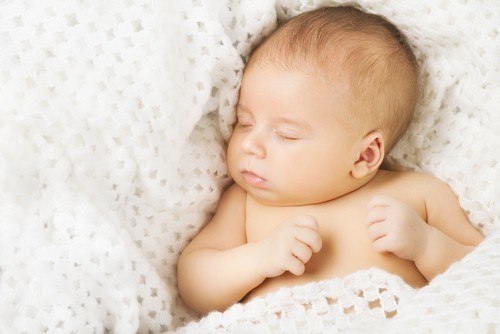Fertility Preservation Before and After Cancer

A growing number of younger women and men are diagnosed with cancer every year and a high proportion of them survive the treatment which may include chemotherapy and radiotherapy. Both of these treatments may result in damage to ovarian and testicular reserve. Whilst treatment of the cancer is of primary concern, there are fertility preservation options that are useful to known as they may only be available for a very short time after the cancer is diagnosed.
Fertility Preservation for Men
Freezing sperm before commencing chemotherapy and radiotherapy is a well-established process available on the NHS or privately. Sperm can be kept for many years before being thawed to allow treatments with intrauterine insemination (IUI) or IVF. A single sample is usually sufficient for several treatments, or a second sample may be produced by the man two days after the first.
Fertility Preservation for Women
Several options are available at present which include oocyte (egg) freezing if the woman is single or embryo freezing if she has a partner. The process for both involves interrupted IVF where a woman undergoes stimulation with drugs over a period of two to four weeks. Eggs are harvested and vitrified, or fertilised with her partner’s sperm and embryos are created and then vitrified. Once the cancer treatment is completed and her oncologist has given her the all-clear, she may then opt to plan a family. Then the second part of the IVF takes place; the eggs are thawed and fertilised, or the embryos are thawed, they are grown in the lab for a few days then transferred into the uterus.
Ovarian Tissue Freezing
A third option is Ovarian Tissue Freezing, where the tissue is removed from a woman via laparoscopy and cryogenically stored, then re-implanted, to give a chance of natural conception over the following 5 months. The advantage of this is that the cancer treatment can start a couple of days later, as opposed to a couple of weeks later if we have to wait for the eggs to mature naturally. This process is not currently available anywhere in England or Wales as it is a relatively new technique pioneered in Denmark. Mr Ojha is working with the Danish experts to establish this technique in the NHS.
